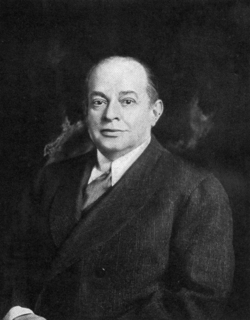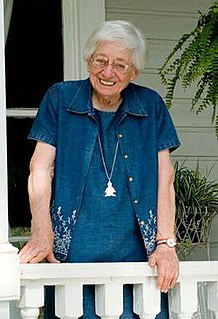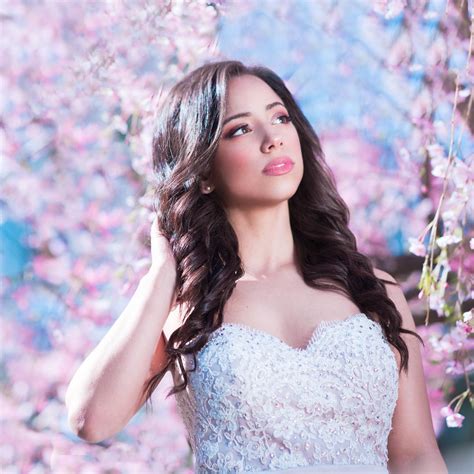A Quote by Charles Frohman
Death is the most beautiful adventure in life.
Related Quotes
The conquest of the fear of death is the recovery of life's joy. One can experience an unconditional affirmation of life only when one has accepted death, not as contrary to life, but as an aspect of life. Life in its becoming is always shedding death, and on the point of death. The conquest of fear yields the courage of life. That is the cardinal initiation of every heroic adventure - fearlessness and achievement.
Many people avoid talking about death, but it never bothered me. The principal of my high school was an excellent teacher. One day he was writing on the blackboard when he suddenly turned around and said 'Life is a great adventure and death is the greatest adventure of all,' then went back to the board. I have never feared death since then.
When you approach spirituality as an adventure of being alive, you start as you would any adventure--with a sense of mystery and not-knowing. Instead of searching for answers that make you feel safe, you set out into the vastness of life and death, with a willingness to continually grow. You open up to the possibility that your ordinary life is an extraordinary adventure, and that your joys and sorrows have meaning. Spiritual practice becomes your rudder, offering direction and insight and discretion as you venture into the unknown.
Life is eternal; death only punctuates it for a short while. After a little break life starts again. Death is ultimate truth; life is truth beyond ultimate. Life is never destroyed; it just keeps on changing shapes. Endless processes are attached with this life; many stages are there in this grand journey of life. From an insect to an enlightened soul it keeps on changing. Creation is always beautiful in the beginning. It can be beautiful all the time also. What is purpose of life? It's evolution to higher levels
Birth leads to death, death precedes birth. So if you want to see life as it really is, it is rounded on both the sides by death. Death is the beginning and death is again the end, and life is just the illusion in between. You feel alive between two deaths; the passage joining one death to another you call life. Buddha says this is not life. This life is dukkha - misery. This life is death.

































